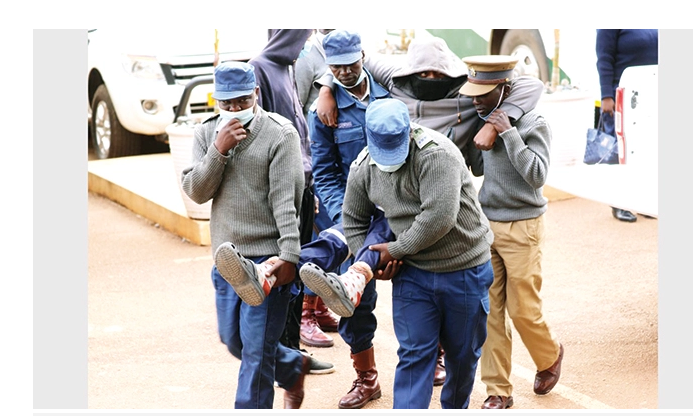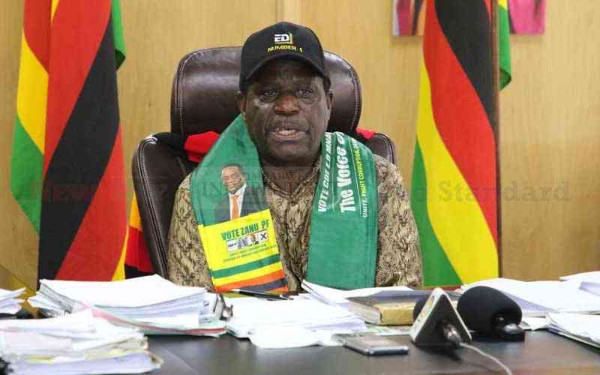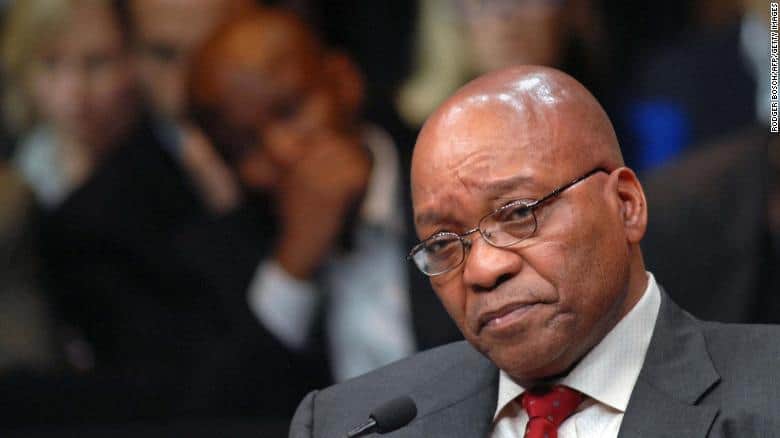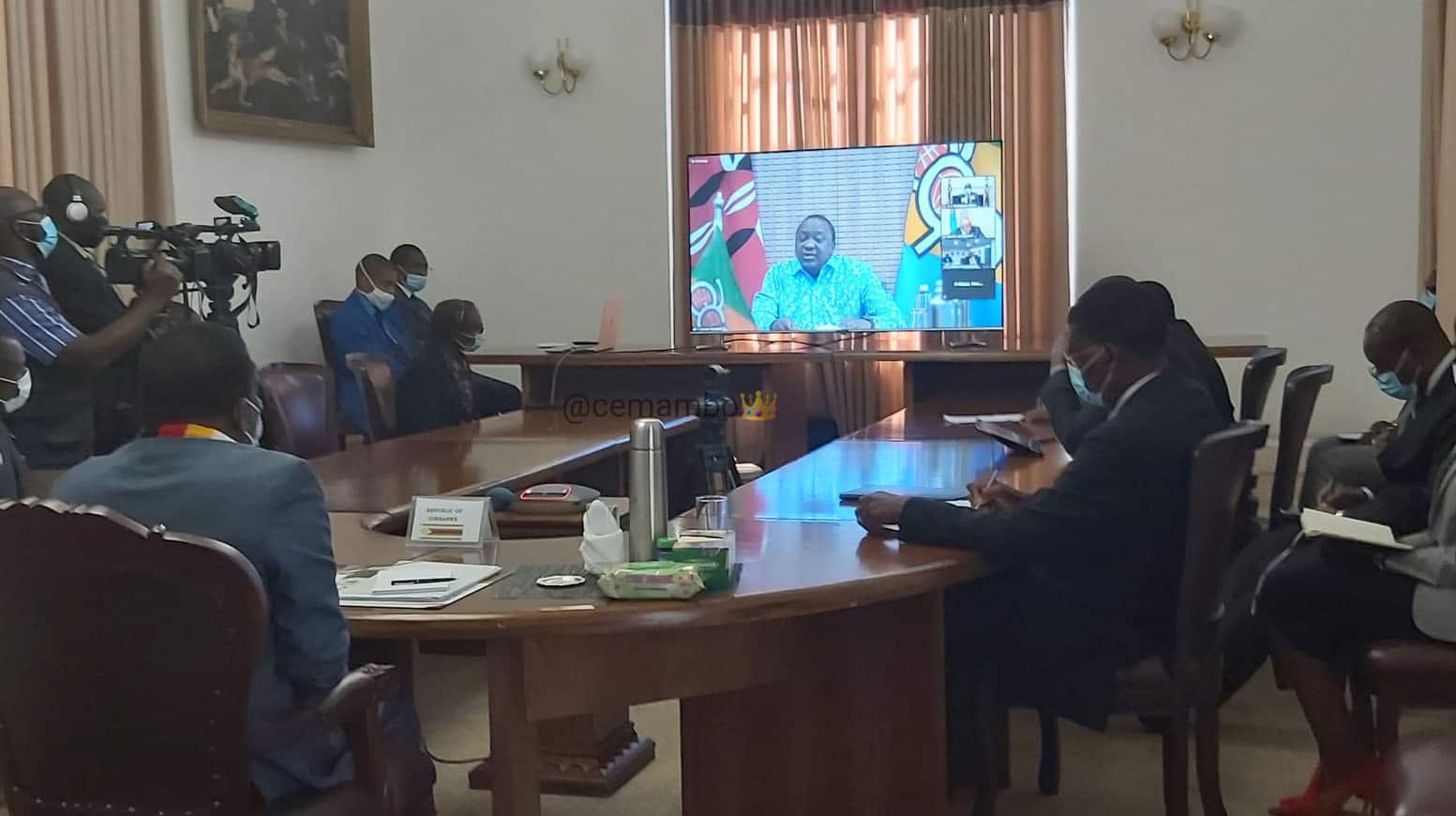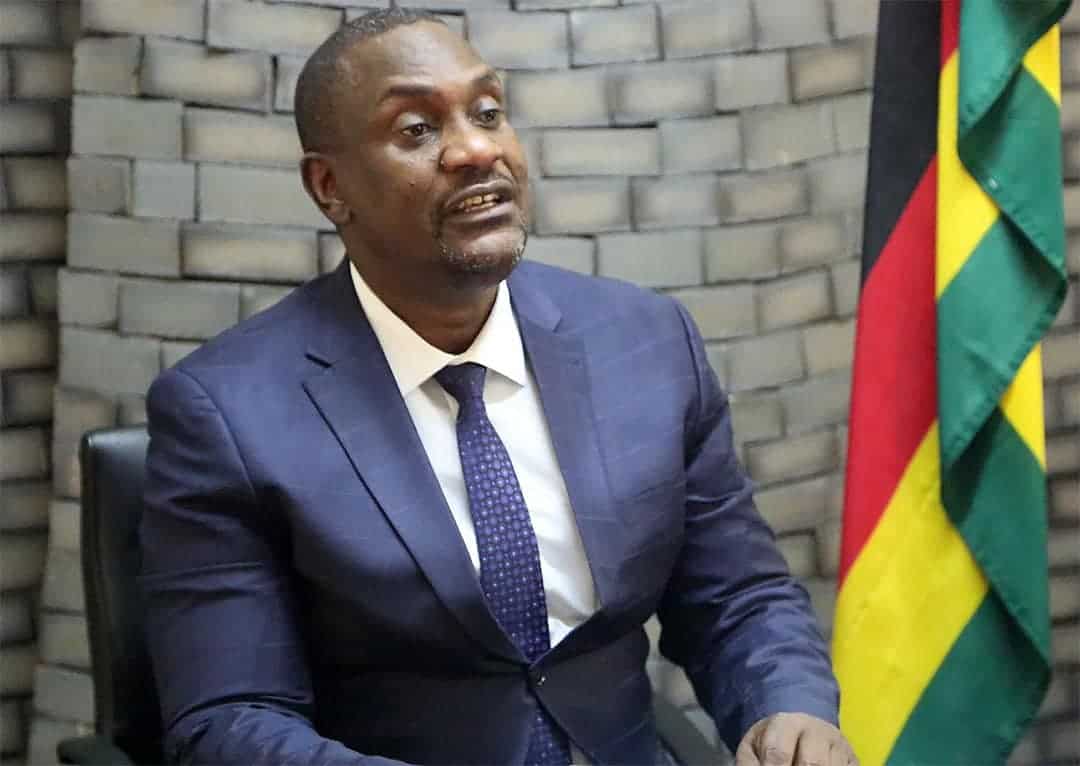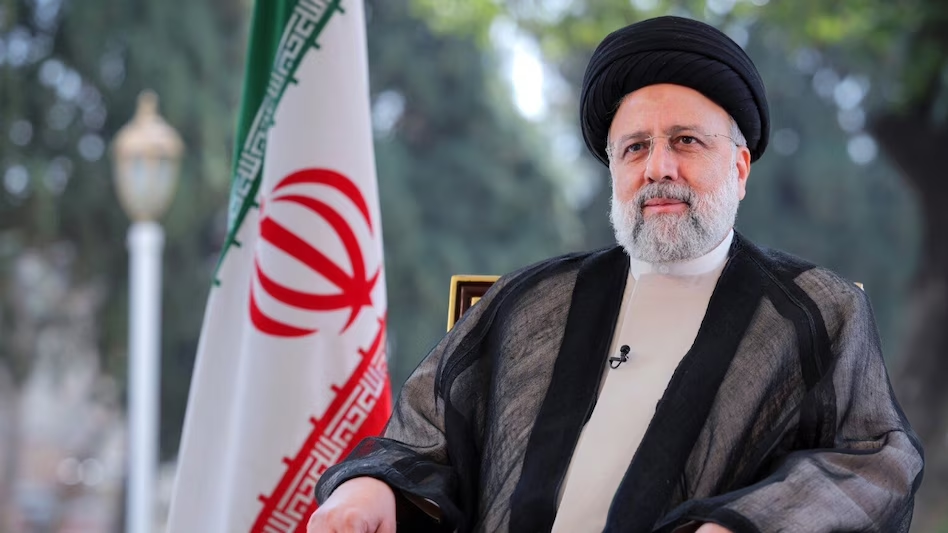CCC spokesperson Fadzayi Mahere has strongly criticized President Emmerson Mnangagwa for signing into law the Criminal Law Codification and Reform Amendment Bill 2022, commonly known as the “Patriotic Bill,” stating that it is unconstitutional.
The Chief Secretary to the President and Cabinet, Misheck Sibanda, officially announced that President Mnangagwa had given his assent to the Patriotic Bill through General Notice 1189 of 2023, published in the Government Gazette on Friday, July 14, 2023.
Mahere expressed her disapproval of the controversial bill becoming law, arguing that its enactment reveals that Mnangagwa’s government is even worse than that of the late former President Robert Mugabe, who was ousted by the military in November 2017. Mahere stated:
We strongly condemn the signing into law of the unconstitutional Patriotic Bill. This action confirms that Zimbabwe is now under a full-fledged dictatorship governed by a regime that surpasses the oppressive rule of Robert Mugabe. In the new Zimbabwe, unjust laws will be repealed, and we will fight for freedom.
Journalist Hopewell Chin’ono described Friday, July 14, as a dark day for Zimbabwe. He posted on Twitter:
President Emmerson Mnangagwa has signed the so-called Patriotic Act into law, which criminalizes any act deemed to “wilfully injure the sovereignty and national interest of Zimbabwe.” The interpretation of what constitutes such acts will be subject to contestation and potential misuse by biased judicial officers.
The Criminal Law (Codification and Reform) Amendment Act has faced condemnation from human rights activists, both domestically and internationally, as it is seen as a tool to punish critics of the corrupt and repressive ZANU PF regime.
This draconian law severely restricts the limited space for free speech that existed, directly violating the constitutional right to free expression in Zimbabwe.
It will result in the imprisonment of numerous opposition members, government critics, and journalists for merely exercising their constitutional rights.
At present, Zimbabwe has two political prisoners who have been incarcerated for speaking out against repression and corruption.
Opposition MP and lawyer Job Sikhala has been in jail for over a year without bail or conviction.
Political activist Jacob Ngarivhume received a four-year sentence for his anti-corruption activism and organizing a protest against corruption.
The regime scrutinizes the Twitter accounts of opposition politicians, critics, and journalists for any content that offends it, leading to their arrest under non-existent laws.
This law is clearly intended to silence them. Today is a dark day for Zimbabwe.
The new legislation imposes penalties, including a fine not exceeding level twelve or a maximum prison term of ten years, or both, for individuals found guilty of “wilfully injuring the sovereignty and national interest of Zimbabwe.”

